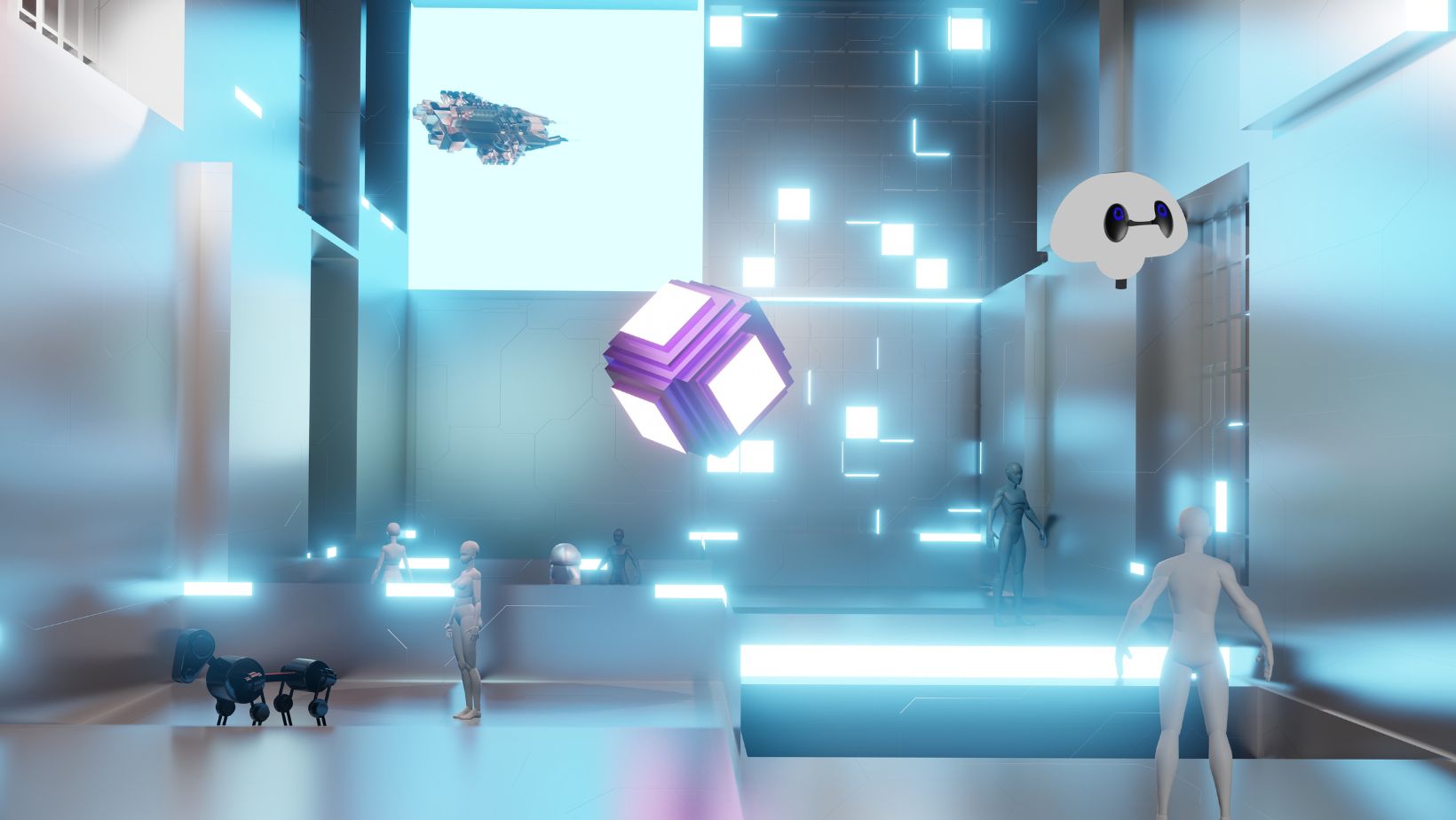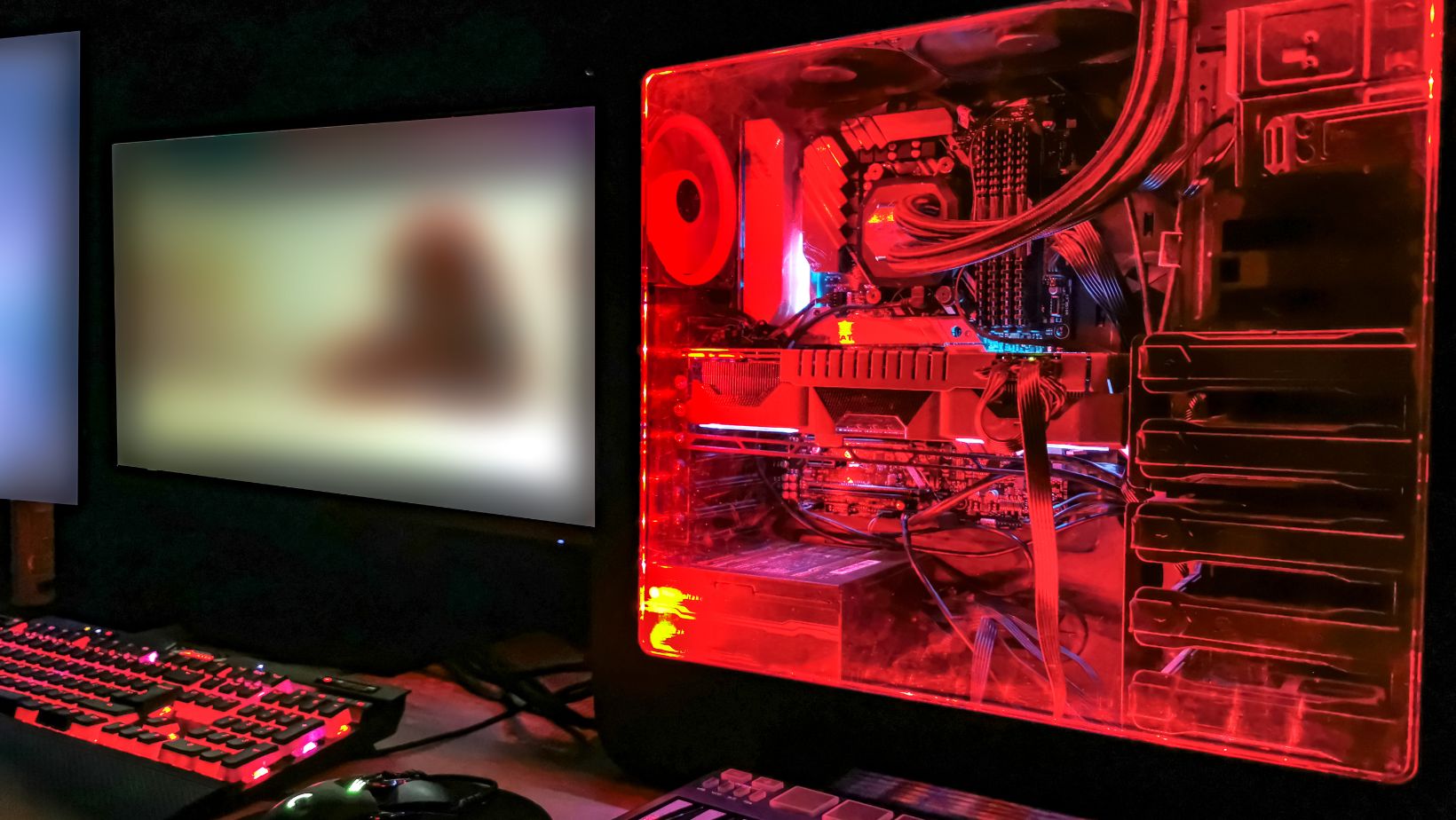In the ever-evolving landscape of gaming, blockchain technology has emerged as a game-changer, revolutionizing the way players interact and transact in virtual worlds. Blockchain gaming news is at the forefront of this digital revolution, offering insights into the latest trends, innovations, and opportunities within the intersection of blockchain and gaming. From decentralized gaming platforms to non-fungible tokens (NFTs) in gaming, the fusion of blockchain technology with the gaming industry continues to shape the future of entertainment.
Stay updated on the dynamic world of blockchain gaming with the latest news, developments, and analysis. Explore how blockchain is reshaping in-game economies, ownership of digital assets, and the overall gaming experience. Dive into a realm where transparency, security, and decentralization redefine the possibilities of gaming as we know it.
Blockchain Gaming News
What Is Blockchain Gaming?
Blockchain gaming refers to games that incorporate blockchain technology to enable players to truly own in-game assets. With blockchain, players have the ability to buy, sell, and trade virtual assets securely, thanks to the transparent and decentralized nature of the technology. This ownership model contrasts with traditional games, where in-game items are owned and controlled by the game developers.
Key Benefits for Players and Developers
 For players, blockchain gaming offers a new level of ownership and control over their in-game assets. They can trade these assets with other players, and the immutable nature of blockchain ensures the security and authenticity of these transactions. Additionally, blockchain enhances player experiences by providing transparency and trust in the gaming ecosystem.
For players, blockchain gaming offers a new level of ownership and control over their in-game assets. They can trade these assets with other players, and the immutable nature of blockchain ensures the security and authenticity of these transactions. Additionally, blockchain enhances player experiences by providing transparency and trust in the gaming ecosystem.
Developers also benefit from blockchain integration in gaming. By leveraging blockchain technology, developers can create unique and scarce digital assets, known as non-fungible tokens (NFTs), that have real-world value. This opens up new revenue streams for developers and incentivizes innovation in game development.
Recent Developments in Blockchain Gaming
Major Game Releases
Blockchain technology continues to gain momentum in the gaming industry, with several major game releases showcasing its potential. Games like “Axie Infinity” and “The Sandbox” have captured the attention of players worldwide with their play-to-earn mechanics, where gamers can monetize their in-game activities through blockchain technology. These releases mark a significant shift towards player empowerment and ownership in the gaming landscape.
Platform and Infrastructure Advances
Recent advancements in blockchain gaming platforms and infrastructure have paved the way for enhanced gaming experiences. Projects such as Enjin and Immutable X are leveraging layer 2 solutions to address scalability issues and reduce transaction costs, making blockchain gaming more accessible to a broader audience. Additionally, platforms like Gala Games are exploring innovative ways to integrate blockchain technology seamlessly into traditional game development, opening up new possibilities for developers and players alike.
Blockchain Gaming Ecosystem
NFTs and In-Game Assets
 Blockchain technology has revolutionized the gaming industry by introducing Non-Fungible Tokens (NFTs) that enable players to truly own in-game assets. Unlike traditional games where virtual items are just part of the game environment, NFTs allow gamers to securely buy, sell, and trade their digital assets outside the game. This ownership gives players greater control over their assets, paving the way for unique trading opportunities and asset monetization. Games like “Axie Infinity” and “The Sandbox” have embraced NFTs, empowering players to engage in play-to-earn activities where their in-game efforts translate into real-world value.
Blockchain technology has revolutionized the gaming industry by introducing Non-Fungible Tokens (NFTs) that enable players to truly own in-game assets. Unlike traditional games where virtual items are just part of the game environment, NFTs allow gamers to securely buy, sell, and trade their digital assets outside the game. This ownership gives players greater control over their assets, paving the way for unique trading opportunities and asset monetization. Games like “Axie Infinity” and “The Sandbox” have embraced NFTs, empowering players to engage in play-to-earn activities where their in-game efforts translate into real-world value.
Challenges in Blockchain Gaming
Technical Challenges and Scalability
Blockchain gaming encounters several technical challenges that impact its scalability and overall performance. One crucial issue revolves around the scalability of blockchain networks, as they often face constraints in handling a high volume of transactions simultaneously. The transaction speed and cost efficiency of blockchain protocols need enhancement to support the seamless integration of gaming functionalities. Integrating complex game mechanics with blockchain technology necessitates optimizing smart contracts to ensure swift and cost-effective transactions without compromising security.
Moreover, the complex infrastructure required for decentralized gaming applications presents technical hurdles that developers need to address. Implementing secure storage solutions for in-game assets, ensuring reliable transaction processing, and enhancing the overall gaming performance demand specialized technical expertise. Developers must devise innovative solutions to streamline the integration of blockchain technology into gaming ecosystems while maintaining high standards of security and efficiency.

